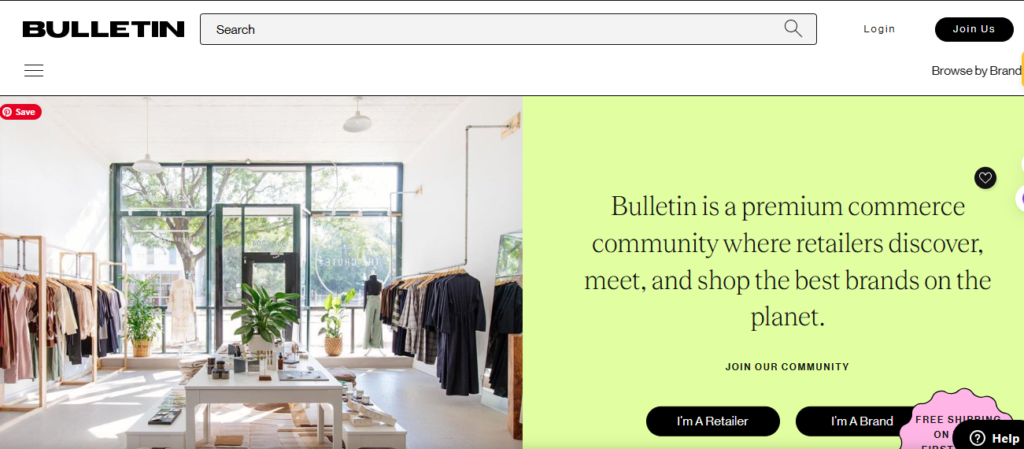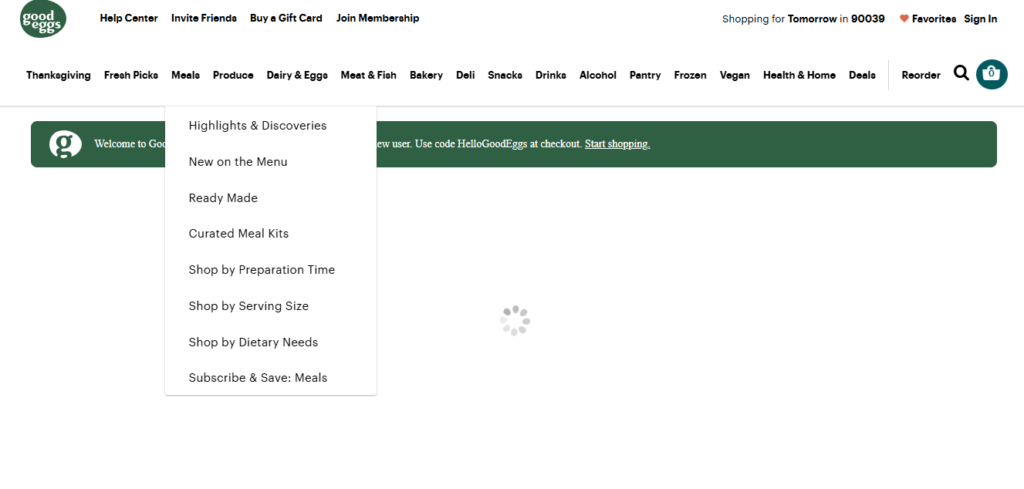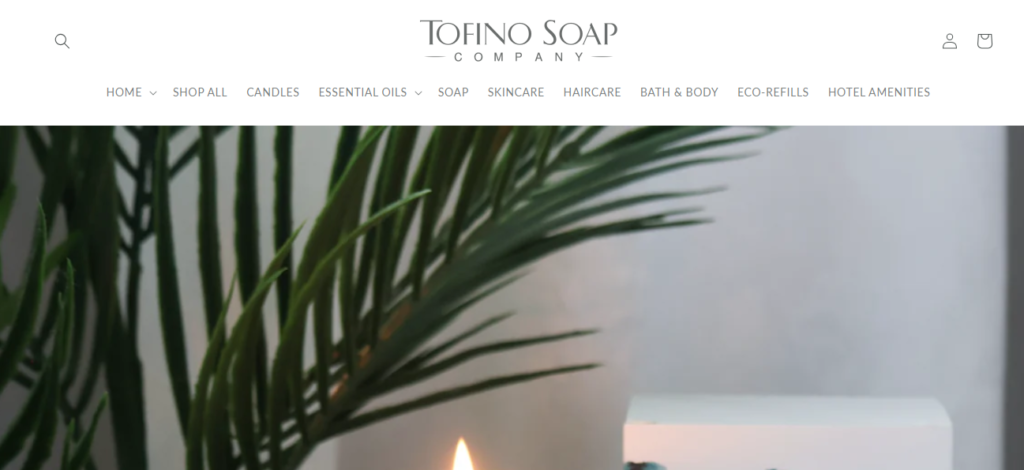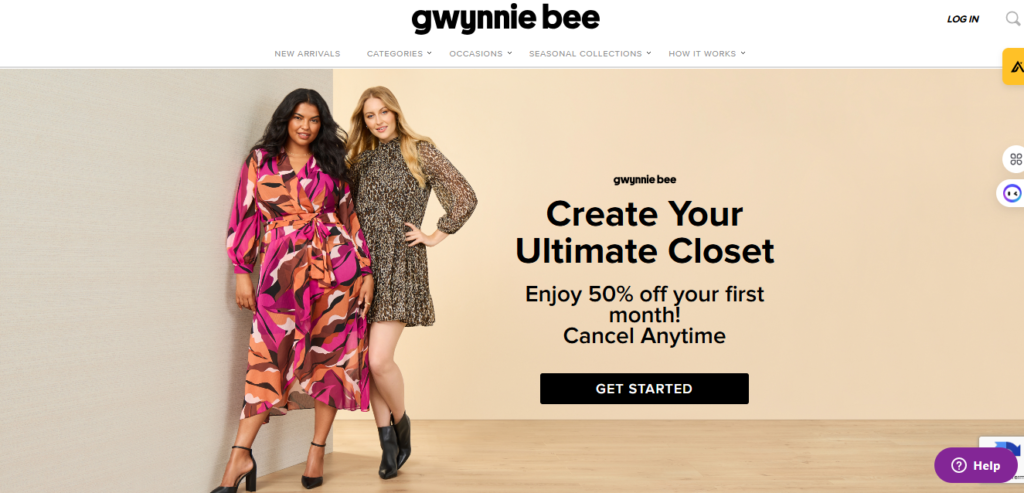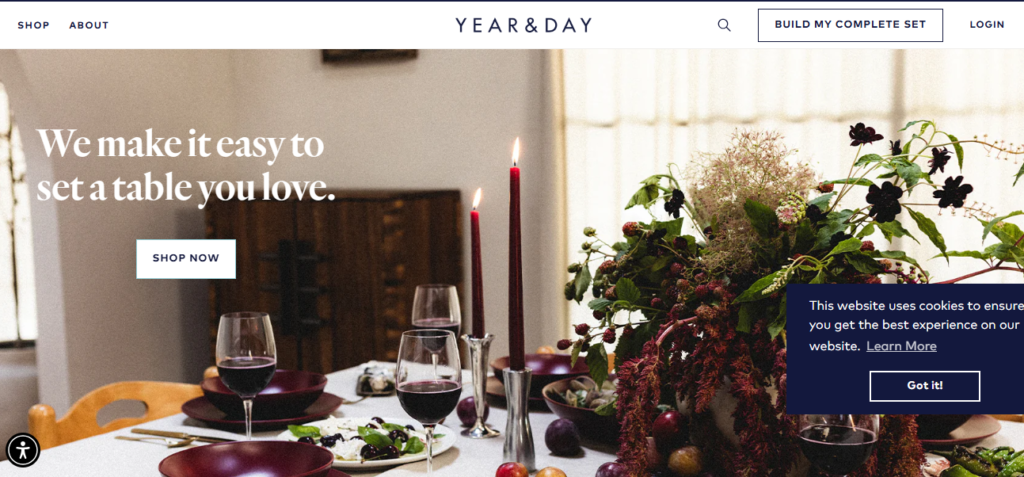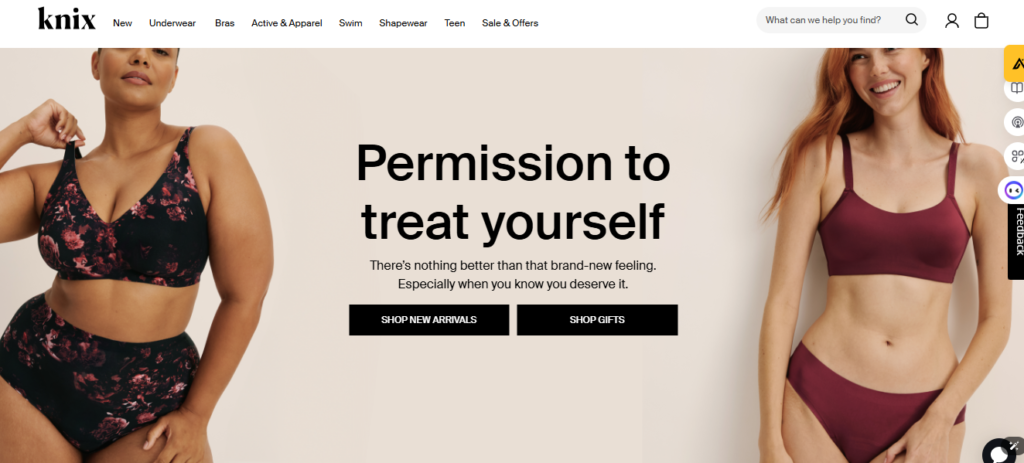What are some examples of sites that use Shopify marketplace kit?
Have you ever wondered which popular websites use Shopify’s Marketplace Kit to power their online marketplaces?
Shopify Marketplace Kit is a versatile tool that allows businesses to create robust, scalable marketplaces with features like multi-vendor capabilities, customizable storefronts, and streamlined payment processing.
From well-known e-commerce platforms to niche marketplaces, brands leverage Shopify’s Marketplace Kit to manage complex operations while offering customers a seamless shopping experience.
By utilizing this tool, companies can create unique, curated environments where sellers and buyers connect, providing an efficient, user-friendly experience. Let’s explore some prime examples of successful sites built with Shopify Marketplace Kit.
Here, what is the best strategy to use print on demand with shopify?
What marketplaces connect to Shopify?
What are some examples of sites that use Shopify marketplace kit?
Several major marketplaces connect seamlessly to Shopify, allowing businesses to expand their reach and manage multiple sales channels efficiently.
Amazon and eBay, two of the largest online marketplaces, connect directly to Shopify, enabling sellers to sync products, track inventory, and handle orders all from the Shopify dashboard. Social platforms like Facebook and Instagram also integrate with Shopify, allowing businesses to sell directly through these channels, reaching audiences where they already spend time.
Google Shopping is another key integration, where products can appear in search results for enhanced visibility.
Additionally, Walmart Marketplace connects to Shopify, offering access to millions of Walmart shoppers. Other options include Etsy for handcrafted or unique items and TikTok for reaching younger audiences through in-app shopping features.
By connecting to these marketplaces, Shopify users can diversify their sales, streamline operations, and attract a larger, more varied customer base.
What famous stores use Shopify?
What are some examples of sites that use Shopify marketplace kit?
Many well-known brands and stores use Shopify to power their e-commerce operations due to its flexibility, scalability, and ease of customization.
Fashion brands like Allbirds, known for sustainable footwear, and Gymshark, a leader in activewear, rely on Shopify to handle high traffic and process orders seamlessly.
Kylie Cosmetics, founded by Kylie Jenner, also runs on Shopify, allowing the brand to scale quickly and support massive sales spikes during product launches. Tech accessories brand Belkin and beverage company Heinz have adopted Shopify to improve user experience and support global audiences.
In addition, Red Bull and Tesla use Shopify for specific merchandising needs, creating efficient shopping experiences for their fans and customers.
Here, Is etsy an online marketplace?
The platform’s capabilities cater to small startups and large enterprises alike, offering these famous stores powerful tools for growth, customization, and marketing—factors that have made Shopify a preferred choice for a wide range of successful brands.
What site uses Shopify?
What are some examples of sites that use Shopify marketplace kit?
Here’s a table showing examples of well-known sites that use Shopify and what they’re known for:
| Brand | Industry | Description |
|---|---|---|
| Allbirds | Footwear | Known for eco-friendly shoes, Allbirds uses Shopify to manage high demand and a global customer base. |
| Gymshark | Activewear | A popular fitness brand that uses Shopify for seamless order processing and scaling during major sales events. |
| Kylie Cosmetics | Cosmetics | Kylie Jenner’s makeup brand relies on Shopify to handle high-volume sales and global product launches. |
| Heinz | Food & Beverage | The iconic ketchup brand uses Shopify to sell directly to consumers, especially for custom product bundles. |
| Tesla | Automotive/Merchandise | Uses Shopify for Tesla-branded merchandise, making shopping easy for fans and owners of the brand. |
| Red Bull | Energy Drinks/Merchandise | Red Bull’s Shopify store features branded merchandise, making it easy for fans to shop official products. |
| Bombas | Apparel | A mission-driven sock and clothing brand that leverages Shopify for direct-to-consumer sales and giving back initiatives. |
| Fashion Nova | Fashion | Fast fashion brand with a strong social media presence, using Shopify for its large product catalog and promotions. |
These brands highlight Shopify’s versatility, supporting a wide range of industries with diverse customer needs.
What sites can you connect to Shopify?
What are some examples of sites that use Shopify marketplace kit?
Here’s a table summarizing various sites and marketplaces that can connect to Shopify, helping businesses manage sales and reach wider audiences:
| Platform | Type | Description |
|---|---|---|
| Amazon | Marketplace | Enables Shopify sellers to list products on Amazon, sync inventory, and manage orders within Shopify. |
| eBay | Marketplace | Allows product listing on eBay, order tracking, and inventory management, reaching eBay’s global customers. |
| Social Media / Marketplace | Connects Shopify to Facebook Shops, letting businesses sell directly on their Facebook page and reach more users. | |
| Social Media | Integrates with Instagram Shopping, enabling product tagging in posts and stories, which boosts visibility. | |
| Google Shopping | Search / Marketplace | Lists products on Google Shopping, displaying them in search results to attract customers actively searching. |
| Walmart Marketplace | Marketplace | Offers access to Walmart’s customer base by listing products directly from Shopify. |
| TikTok | Social Media | Allows product tagging in TikTok videos and in-app purchases, reaching younger audiences effectively. |
| Social Media | Adds buyable pins and product tags on Pinterest, making it easier for users to discover and shop products. | |
| Etsy | Marketplace | Syncs Shopify products to Etsy, ideal for unique, handmade, or vintage items, reaching a specific audience. |
| Shopify POS | Point of Sale | Allows syncing with Shopify’s POS system for unified inventory management across online and in-store sales. |
These integrations help Shopify merchants reach diverse audiences, simplify operations, and streamline multichannel selling.
What are some examples of sites that use Shopify marketplace kit?
Several innovative websites use Shopify’s Marketplace Kit to build unique, multi-vendor marketplaces, allowing third-party sellers to list products within a curated environment.
Bulletin, a wholesale marketplace for independent brands, uses Shopify Marketplace Kit to connect retailers with small businesses offering unique products.
Here, how truthworthy is the facebook marketplace?
Fame and Partners, a fashion marketplace specializing in custom-made apparel, leverages the kit to support individual designers and offer a tailored shopping experience. Avenue, a marketplace focused on sustainable and ethically-made products, uses Shopify to manage diverse vendor contributions, emphasizing ethical consumerism.
For food and grocery needs, Good Eggs uses Shopify Marketplace Kit to facilitate local food suppliers, connecting consumers with fresh and locally-sourced items.
These examples highlight the versatility of Shopify Marketplace Kit in supporting specialized marketplaces that cater to niche markets, helping businesses manage multiple vendors while maintaining a cohesive brand experience that resonates with their target audiences.
15 Sitse that use Shopify kit
Related faq’s
What is Shopify’s Marketplace Kit, and how does it work?
Shopify’s Marketplace Kit is a toolkit that allows businesses to build and manage a marketplace with multiple vendors within a Shopify environment. It provides tools for onboarding vendors, managing products, tracking inventory, and handling transactions, enabling a seamless marketplace experience for both vendors and customers.
Which types of businesses benefit most from Shopify’s Marketplace Kit?
Moreover, businesses looking to create a multi-vendor platform or curated marketplace for products, such as eco-friendly goods, handmade items, fashion, or niche products, benefit greatly from Shopify’s Marketplace Kit. It’s particularly useful for companies that want to connect customers with a variety of sellers under a unified brand experience.
How do Shopify’s Marketplace Kit tools support multi-vendor management?
Shopify’s Marketplace Kit tools help businesses manage multiple vendors by offering inventory synchronization, order tracking, and easy onboarding features. It also provides centralized customer service tools to streamline communication with both vendors and customers, enhancing operational efficiency.
Can vendors manage their own stores within a Shopify-powered marketplace?
Thus, yes, Shopify’s Marketplace Kit allows vendors to manage their product listings, update inventory, and fulfill orders independently. However, the primary marketplace owner typically oversees the vendor activities to maintain a consistent experience and quality control across the platform.
What are some popular examples of sites using Shopify’s Marketplace Kit?
Thus popular sites using Shopify’s Marketplace Kit include Bulletin, Fame and Partners, Good Eggs, Uncommon Goods, and The Sill. These platforms connect consumers with various vendors, offering unique or specialized products like eco-friendly goods, custom fashion, and handmade items.
Is Shopify’s Marketplace Kit suitable for large-scale marketplaces?
Thus, hopify’s Marketplace Kit can be used for both small and large-scale marketplaces.
Moreover for larger marketplaces, additional apps or customization may be required to handle higher transaction volumes and more complex operational needs, such as advanced reporting, vendor payment automation, or enhanced order management.
What payment options are available for marketplaces built on Shopify’s Marketplace Kit?
Shopify’s Marketplace Kit supports Shopify Payments and other third-party payment gateways, allowing customers to pay using various methods like credit cards, PayPal, and Apple Pay. Some platforms may integrate additional apps to manage vendor-specific payouts, streamlining revenue distribution among vendors.
Conclusion
Thus in conclusion, Shopify’s Marketplace Kit provides a powerful tool for building multi-vendor platforms across various industries.
From eco-conscious fashion brands like Pangaia to unique home goods marketplaces like Uncommon Goods,
businesses of all sizes use this kit to streamline vendor management, product listings, and order fulfillment.
By leveraging Shopify’s backend infrastructure, these platforms create seamless, customer-focused shopping experiences while supporting diverse vendor ecosystems.
Whether it’s fashion, food, or wellness, Shopify’s Marketplace Kit enables businesses to scale and adapt to evolving market demands, offering flexibility and efficiency for both vendors and consumers alike.

